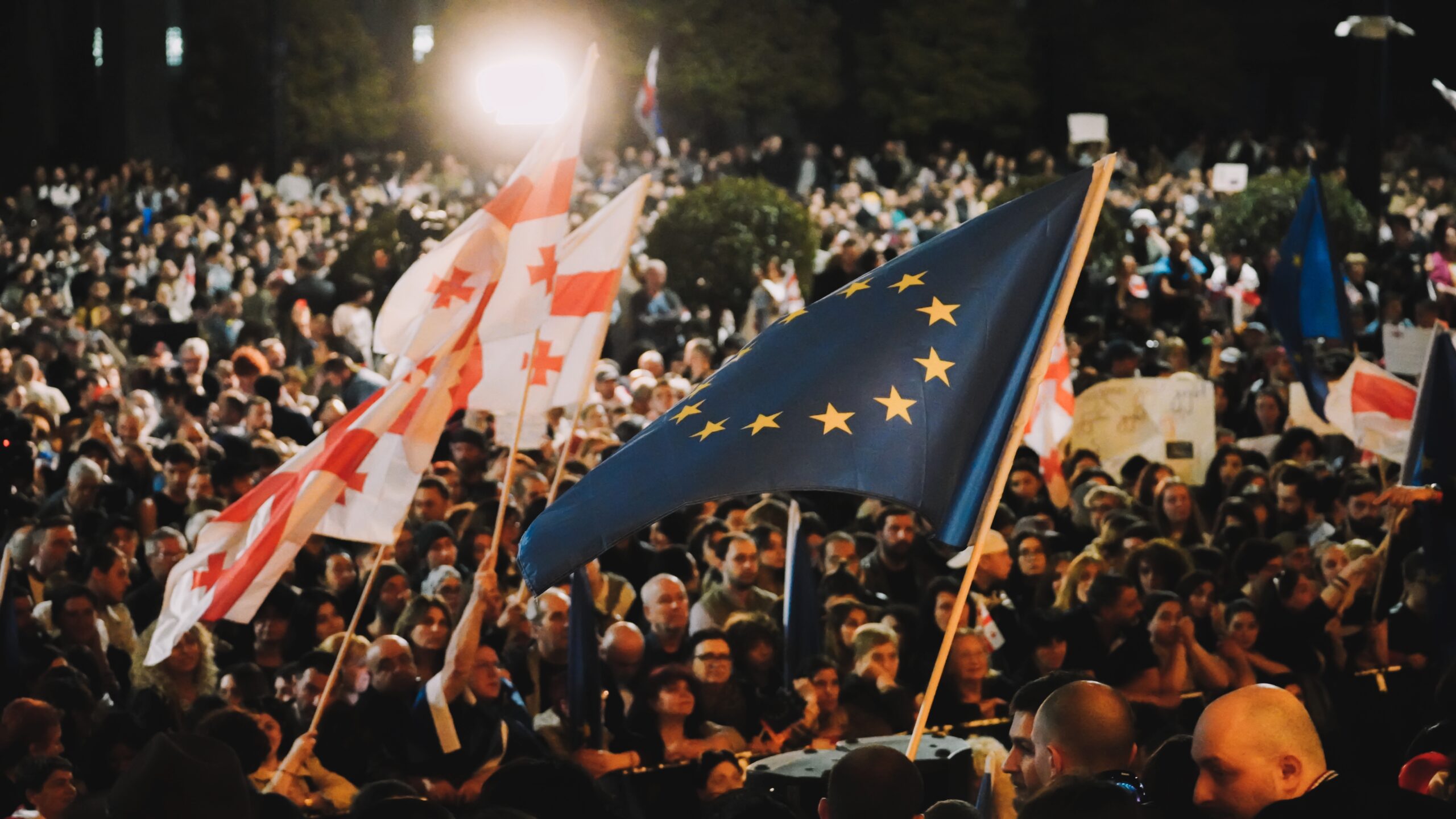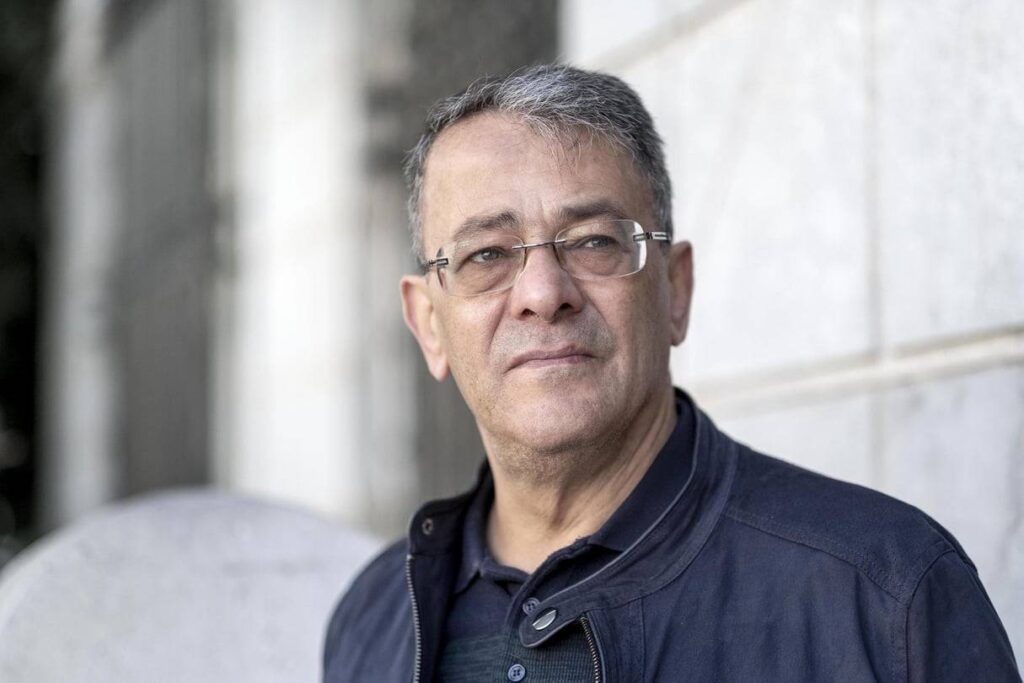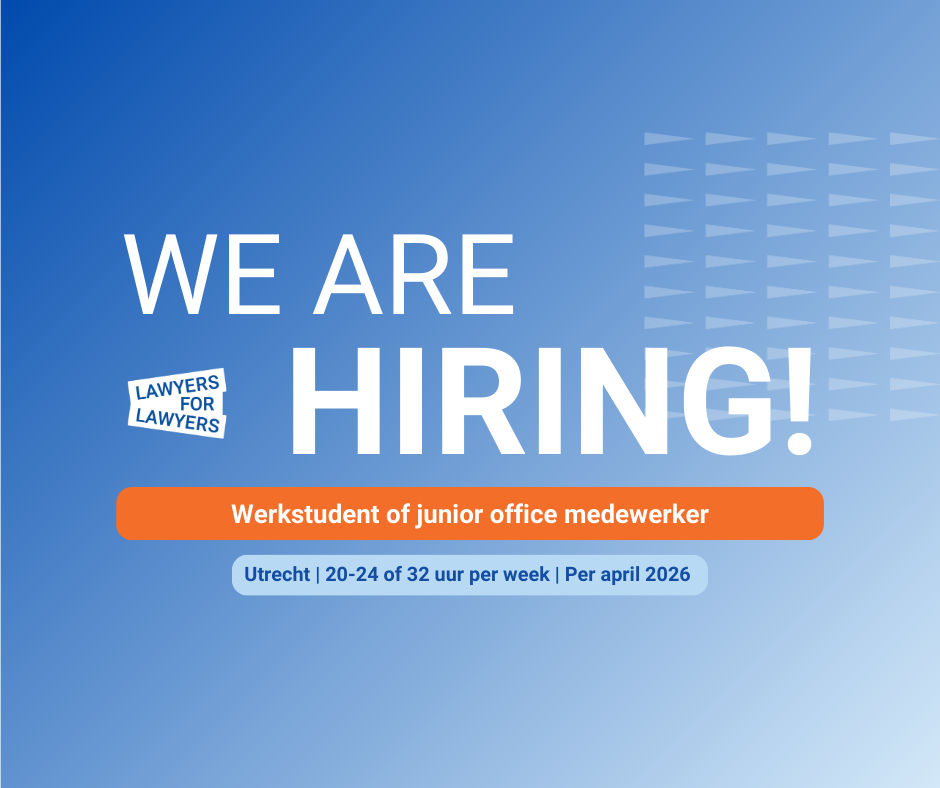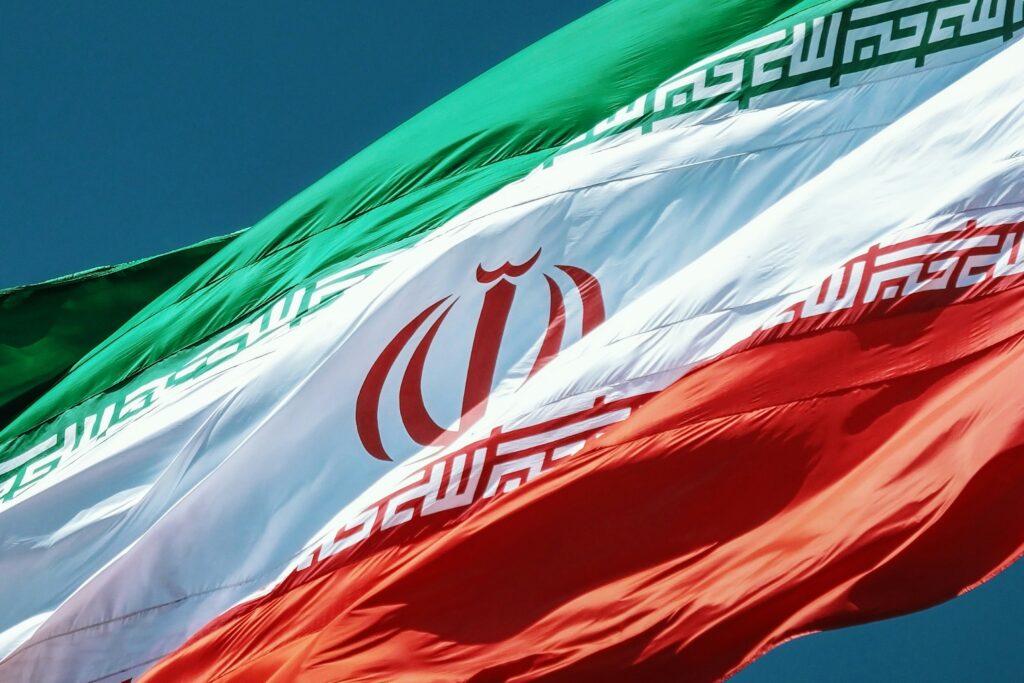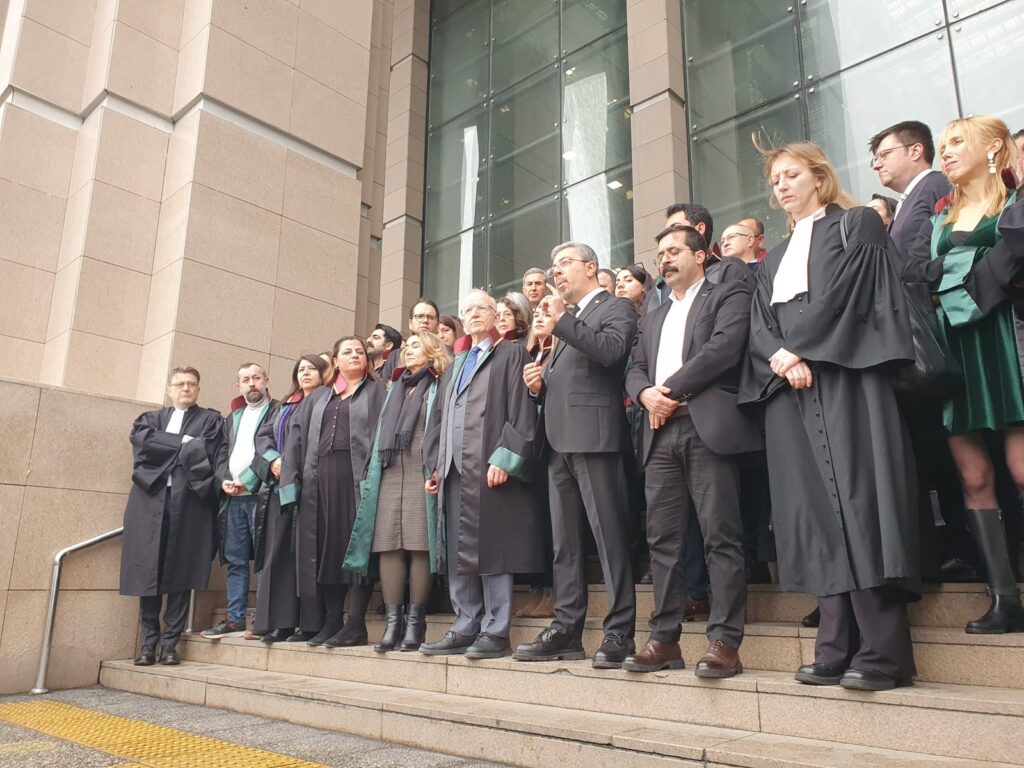Lawyers for Lawyers, the International Bar Association’s Human Rights Institute (IBAHRI), the Law Society of England and Wales (LSEW), and the International Observatory for Lawyers at Risk (OIAD) are deeply concerned about the recent freezing of bank accounts belonging to several Georgian civil society organisations (CSOs), as part of an ongoing investigation into alleged “sabotage” by the authorities. Many of these organizations work closely with lawyers to provide legal aid and defend fundamental rights. Measures that obstruct their operations not only undermine civil society, but also restrict access to justice by directly impacting the ability of lawyers to carry out their professional duties in support of justice and the rule of law.
On 27 August 2025, a Georgian court granted an order to freeze the financial assets of seven prominent organizations: the Civil Society Foundation, the International Society for Fair Elections and Democracy, Institute for Development of Freedom of Information, Democracy Defenders, Georgian Democracy Initiative, Sapari, and the Social Justice Center. Previously, on 17 March 2025, a Tbilisi City court issued an urgent injunction to freeze the financial assets of five organisations. This included Human Rights House Tbilisi, a civil society organisation whose primary goals are the protection and empowerment of human rights defenders, as well as strengthening human rights organisations and groups. The Prosecutor’s Office alleges that these organisations misused funds to support individuals involved in protest-related activities, including the purchase of protective equipment and the coverage of legal expenses. The organisations have categorically denied these accusations, asserting that their activities, including the provision of legal assistance, constitute legitimate and lawful support for fundamental rights.
More recently, on 22 September 2025, up to 30 Georgian civil society organisations – including the Georgian Young Lawyers Association, Rights Georgia, and the Human Rights Center – announced they had received inspection requests from Georgia’s Anti-Corruption Bureau under the Amended Law on Grants, a move civil society actors describe as a new wave of ‘persecution and pressure.’ The Law, which was amended in April 2025, bars foreign donors from funding local organisations without government approval and has repeatedly been invoked by the authorities to request wide-ranging information about their activities. In a written response to the requests, the organisations argued that the inspections were unlawful, noting that they neither signed new grant agreements or changed old ones since the Amended Law on Grants entered into force.
Several of the organisations affected provide essential legal aid to vulnerable groups, including protestors, with most of their staff being lawyers who actively work on individual cases. By targeting funds allocated for legal representation, the Georgian authorities are effectively obstructing lawyers from fulfilling their professional obligations. This action risks criminalising the provision of legal aid itself, casting the payment of fines or the offering of legal advice as acts of complicity in criminal behaviour. Such measures have a chilling effect on the legal profession, deterring lawyers from taking on politically sensitive cases for fear of reprisal.
The undersigned organisations are alarmed by these developments, which appears to form part of a broader pattern of escalating repression. In recent months, we have observed an increase in physical attacks, arbitrary arrests, and threats against lawyers in Georgia. Lawyers have been denied access to clients in detention, charged with unfounded criminal offenses, and subjected to intimidation for carrying out their professional duties. These developments were documented in our recent submission to the Universal Periodic Review (UPR), in which we highlighted the growing constraints on the independence and safety of lawyers in Georgia.
The freezing of NGO bank accounts and arbitrary monitoring of their activities contributes to the shrinking of civic space in the country and to an increasingly challenging environment for the legal profession in Georgia. While the stated aim is to investigate alleged misconduct, the measure has the effect of limiting access to legal assistance for individuals in need. It also risks discouraging lawyers from engaging in human rights-related work, particularly where such work intersects with politically sensitive issues.
As a State Party to the International Covenant on Civil and Political Rights (ICCPR) and the European Convention on Human Rights (ECHR), Georgia is bound to uphold the rights to legal counsel, freedom of expression, peaceful assembly, and association. Furthermore, the UN Basic Principles on the Role of Lawyers affirm that lawyers must be able to perform their professional functions without intimidation, hindrance, or improper interference (Principle 16), must not be identified with their clients’ causes (Principle 18), and must be guaranteed access to clients and freedom of expression and association (Principles 21–23).
In light of the above, the undersigned organisations urgently call on the Georgian authorities to:
- Immediately unfreeze the bank accounts of the affected organizations to ensure the uninterrupted provision of legal aid and to prevent further obstruction of the legal profession;
- Cease all forms of harassment and intimidation of lawyers, including arbitrary detention, threats, and denial of access to clients;
- Uphold Georgia’s international legal obligations, particularly those concerning the independence of the legal profession and the right to legal representation;
- Repeal or amend the Law on Grants and any other laws or measures that unduly restrict the work of lawyers or that conflate legal assistance with criminal activity.
